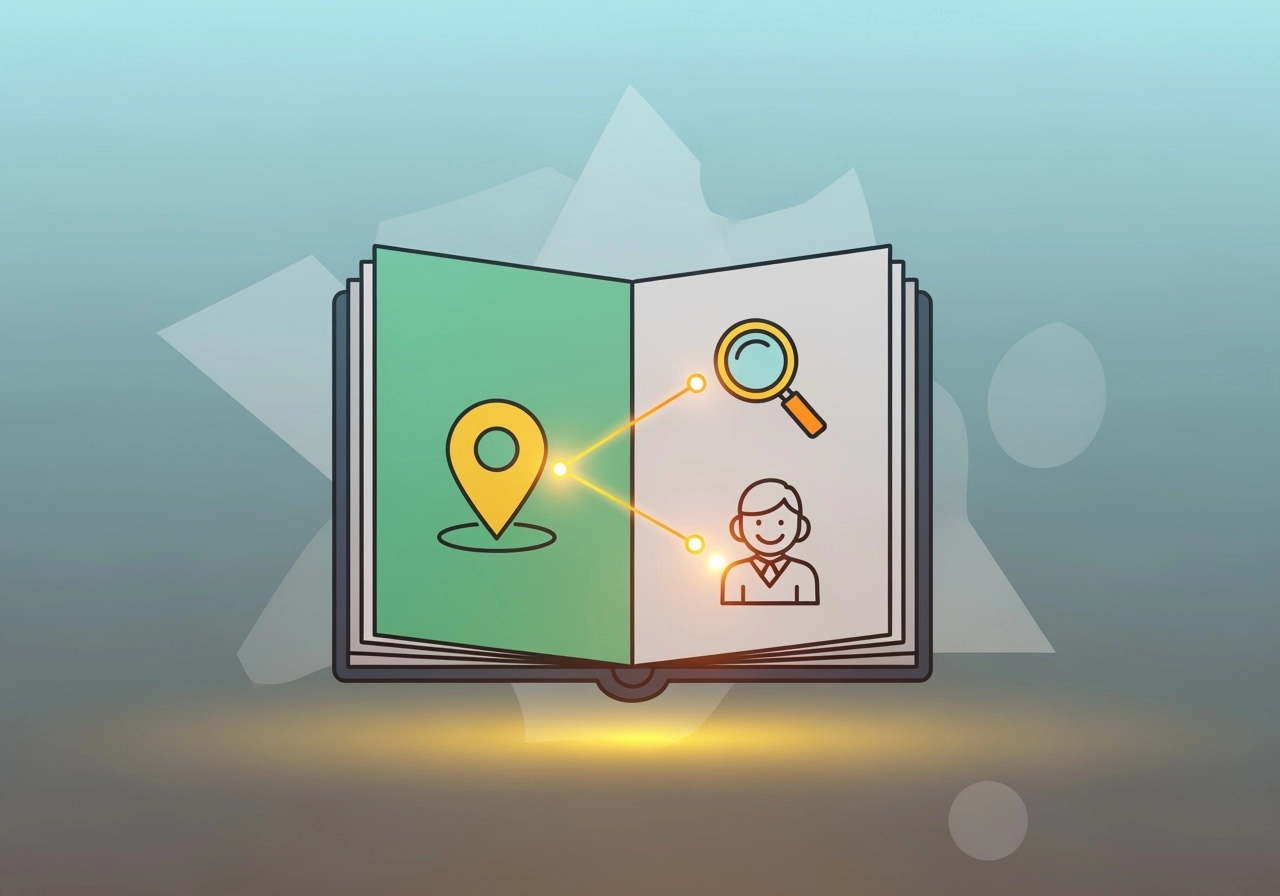Getting your business found online by local customers can seem complex, but it doesn’t have to be. Local SEO is simply the process of optimizing your online presence to attract more local business from search engines like Google. Think of it as a way to put a digital pin on your map, ensuring that when customers in your area search for a product or service you offer, your business appears at the top of the list. This guide will walk you through the essential components of Local SEO, so you can start attracting nearby customers today.
What is Local SEO?
Local SEO is a specialized branch of search engine optimization that focuses on improving a business’s visibility in local search results. Unlike general SEO, which aims for a global audience, Local SEO is all about a specific geographic area. It’s the key to connecting with people in your community who are actively looking for a business just like yours. For any brick-and-mortar store or service-based business, mastering the basics of Local SEO is not an option—it’s a necessity.
The Three Core Pillars of Local SEO
To successfully implement a Local SEO strategy, you need to focus on three key areas. These pillars form the foundation of how search engines determine which businesses to recommend for local queries.
1. Your Google Business Profile
Your Google Business Profile (formerly Google My Business) is arguably the most important tool for Local SEO. It’s a free listing that allows you to manage how your business appears on Google Search and Google Maps. To get started:
- Claim and Verify: Claim and verify your business profile to gain full control over the information.
- Complete All Fields: Fill out every section, including your business name, address, phone number (NAP), website, business hours, and a clear description of your services.
- Add Photos: Upload high-quality photos of your storefront, products, and team.
- Encourage Reviews: Ask happy customers to leave reviews, as this is one of the most powerful signals for local search ranking.
(Source: Google's Ranking Factors)
2. Local Citations
A local citation is any online mention of your business’s name, address, and phone number. Think of it as a digital reference. The more consistent citations you have across the web, the more trustworthy your business appears to search engines. Key places to build citations include:
- Online Directories: Websites like Yelp, Yellow Pages, and Foursquare.
- Social Media: Your Facebook business page, LinkedIn, etc.
- Local Organizations: Listings on your local Chamber of Commerce website or community pages.
- Consistency is Key: Ensure your NAP information is identical across all these platforms to avoid confusing search engines.
3. On-Page SEO for Local Signals
This involves optimizing your website to send clear signals about your location to search engines.
- Location-Specific Keywords: Use keywords that include your city or neighborhood (e.g., “Brantford web design” or “Brantford local SEO”).
- Local Content: Create service pages or blog posts that mention your specific service areas.
- Embed a Google Map: Embed a Google Map of your location on your contact page. This helps Google verify your physical address.
Q&A: Answering Your Local SEO Questions
Q: Can I do Local SEO myself, or do I need to hire a professional?
A: The basics of Local SEO—like setting up your Google Business Profile and adding citations—can definitely be done on your own. However, for more advanced strategies and to stay ahead of the competition, working with a professional is often more effective. (Source: Industry Expert Consensus)
Q: Does Local SEO help businesses that don’t have a physical store?
A: Yes! If you are a service-based business (e.g., a plumber, a consultant) and serve customers at their location, you can set up a “service-area business” on your Google Business Profile. This still allows you to appear in local search results without a physical storefront.
Q: How often should I update my Local SEO?
A: Your Google Business Profile should be monitored and updated regularly. This includes responding to reviews and posting updates. For other aspects, like citations and on-page content, a regular audit every 3-6 months is a good practice to ensure everything is accurate and up-to-date.


